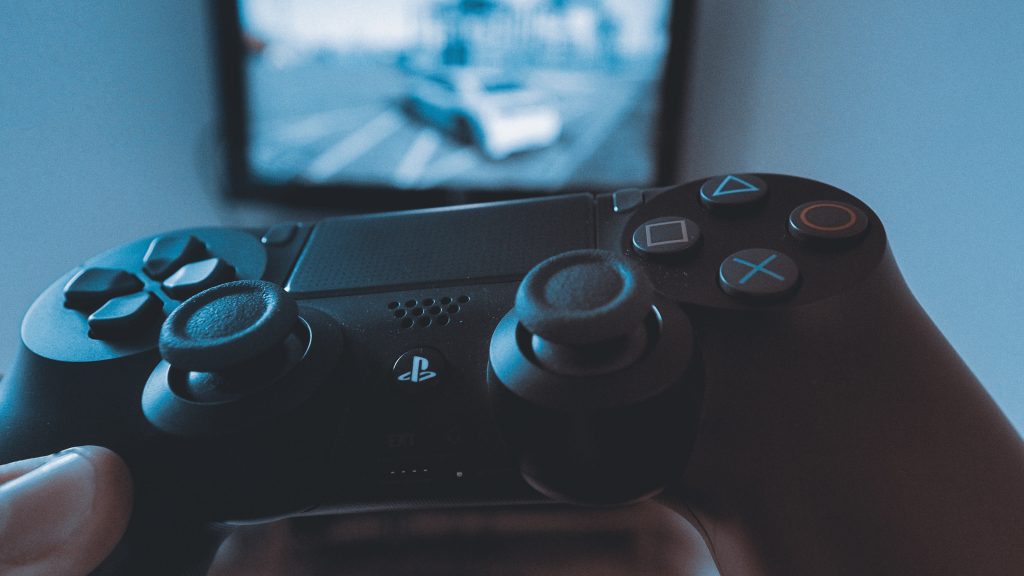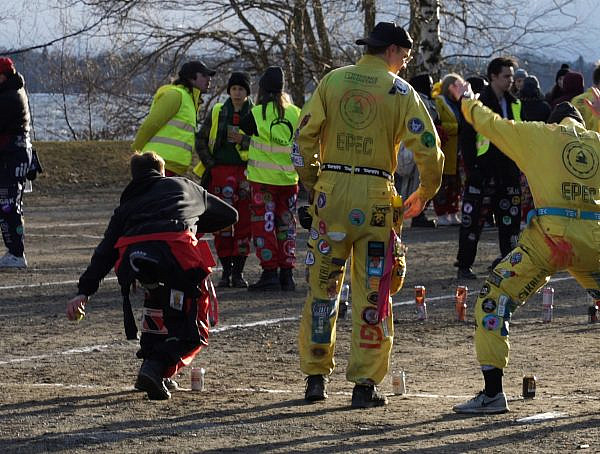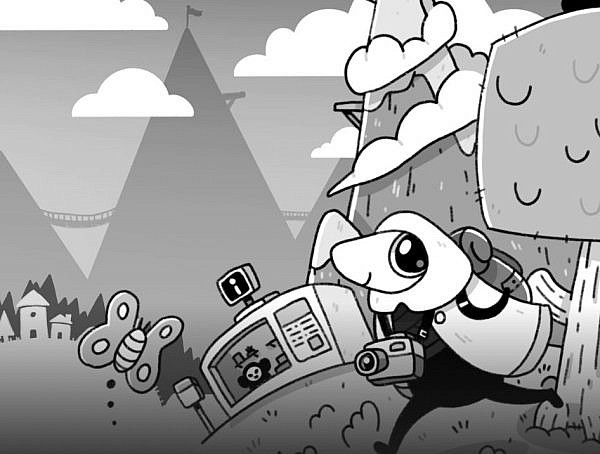Brandon Nease and Michelle Samura‘s article Adolescents’ Perceptions of “Cheating” in Gaming and Educational Settings attempts to understand the relationship between video gameplay and adolescent behaviors in various contexts.

A growing body of research in academia indicates that players learn and mimic social and behavioral skills from video games. Depending on the role the player plays in the game, the player’s social behaviors, such as empathy and teamwork are affected by the overflowing of in-game experiences into reality. Given the widespread popularity of gameplay among adolescents, as well as the increasingly commonplace practice of using walkthroughs to complete games, the researchers were interested in finding out to what degree would a form outside assistance be then considered as cheating in games, and if these behaviors would then be carried out in real-life situations.
The researchers conducted interviews with 12 teenagers, ranging from 14 to 17 years old to better understand their perspective. The interviewees were asked questions about the types of video games they play; if they use player’s guides/cheat codes/walkthroughs, and what they thought about cheating in academic settings.
Overgeneralization: Teenagers are Basically a Bunch of Cheaters
The findings were somewhat interesting.
(Although inconclusive – since, you know, 12 people can’t represent the whole colony of teenagers. One of the limitations of the study recognized by the researchers)
One of the two themes that emerged from the discussion was how prominent external resources were for the gamers, and how they perceived them. Eleven out of the 12 interviewees mentioned that they referred to YouTube walkthroughs or player’s guide when playing. In fact, they were deemed to be a crucial part of playing the game. That said, the consensus was that how quickly players turn to those resources for help depends on the type of game they were playing. For narrative-based games, it happens almost immediately after running into an issue. For puzzle games however, they were more inclined to try to problem solve themselves first before finally throwing in the towel.
When asked about their use of these resources, none of the interviewees saw it as cheating. Compared with tools they use in real life, they mentioned that the use of guides and walkthroughs in-game to be similar to using study guides to help them study in the classroom. Essentially, these tools are able to provide guidance, especially when it comes to difficult tasks – but they still need to put in the work to complete the task. Both in-game, and in their studies.

The second theme that emerged was what constitutes cheating. Interestingly, everyone was on the same page in saying that cheating means “using someone else’s work as their own”. While conceptually similar, the examples that were given vary in the degree of the acts’ severity. That said, of the 12 teens that were interviewed, only one had no experience in cheating. When further discussing this statistic, the reasoning was that cheating was wrong only because they were punished if they participated in cheating (*wink wink*). But Sally, a 15-year old female who averages 20 hours of video gameplay per week, goes on to explain – “It’s kind of inevitable. Everyone does it at least once or twice. It’s the way you learn not to do it, by doing it. If people just tell you that cheating is bad it doesn’t really affect you.”
But Seriously Tho…
For the researchers, their findings highlight few things mentioned in past research. One, the current practice of simply telling students the rules and consequences may not have the effect educators think it will. Also, rationalization, opportunity, and the desire to succeed in an area they felt they were lacking in would push students to cheat. Another related factor mentioned in past research – was how serious the students deemed cheating to be. While this was brought up during the interviews with the researchers, the topic wasn’t further discussed.
That said, it remains that the findings of this research cannot be generalized. The researchers propose that future studies might consider looking at improving the disconnect between the act of academic cheating and what the students feel about it. Also, understanding how students navigate video gameplay may provide much-needed insight into providing effective supports and tools in academic contexts.
–
Original Article Title: Adolescents’ Perceptions of “Cheating” in Gaming and Educational Settings
Authors: Brandon Nease, Michelle Samura
Published: Simulation & Gaming. Vol 49, Issue 2, pp. 134 – 145.
Original article accessible here. (http://journals.sagepub.com/doi/abs/10.1177/1046878118757008)
You might also like
More from Game Research Highlights
How do you want to do this? – A look into the therapeutic uses of role-playing games
Can playing RPGs contribute positively to your wellbeing? A recent study aims to find out how RPGs are being used …
Eldritch horrors and tentacles – Defining what “Lovecraftian” is in games
H.P. Lovecrafts legacy lives today in the shared world of Cthulhu Mythos and its iconic monsters. Prema Arasu defines the …
Are Souls Games the Contemporary Myths?
Dom Ford’s Approaching FromSoftware’s Souls Games as Myth reveals the Souls series as a modern mythology where gods fall, desires …















